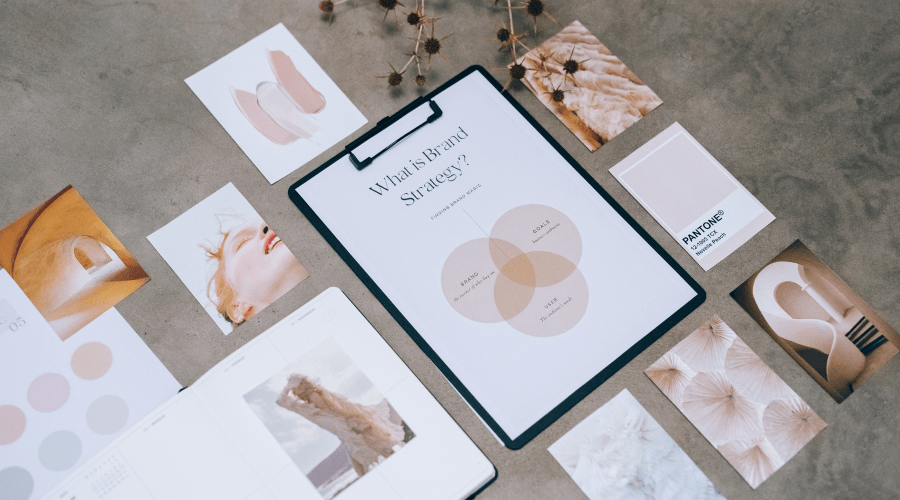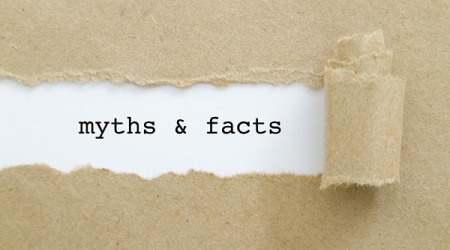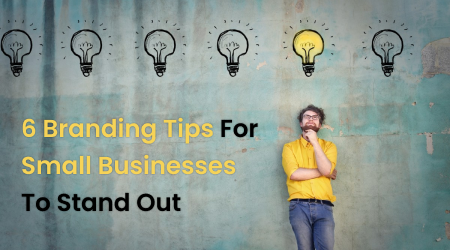"I'll invest in building a brand once I'm up and running."
Does this ring a bell? This is a prevalent
perspective among
small business owners who are focused on marketing and sales but forget that their company is also a
brand.
While you may think you're saving time by ignoring your brand identity,
you'll just end up with more hassles in the long run.
If you don't brand yourself, your messages may reach through loud and clear, but they'll have unintended
consequences and cause long-term problems. While the impact of this method may not be immediately
evident, it will manifest itself in a variety of ways: you'll get more questions than purchases,
audiences won't understand what you're all about, and potential customers will buy from your
competitors.
Small businesses must develop and cultivate emotional relationships with their audiences through
messaging, marketing, and engagement to compete. Your brand is your most precious asset, and when done
correctly, the advantages and return on investment are measurable and quick.
We'll walk you through all you need to know about developing a brand identity for your small business in
this tutorial. You'll learn about branding best practices, how to employ a small business branding
consultant, and how to use brand listening tools, among other things.






